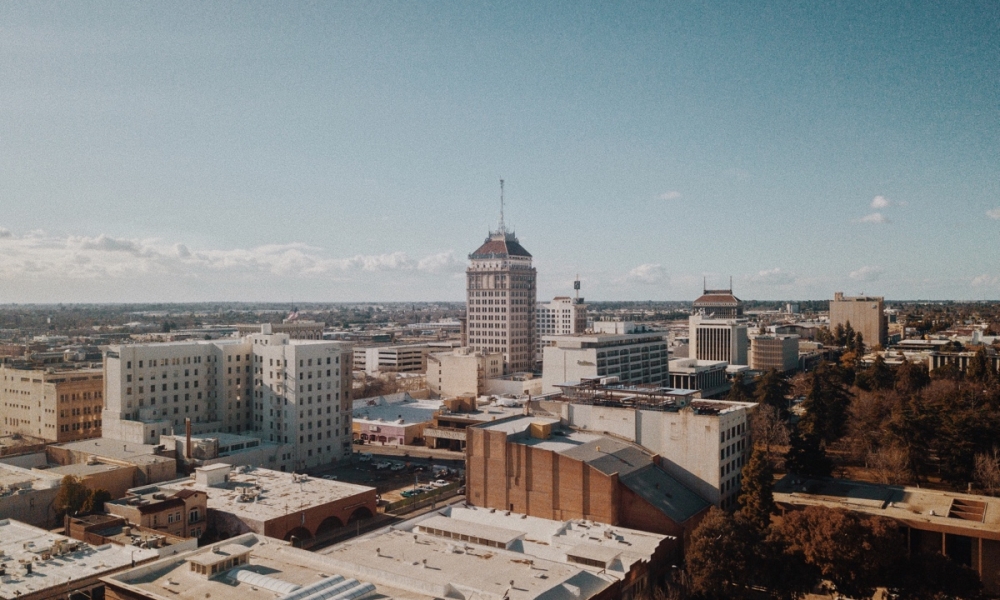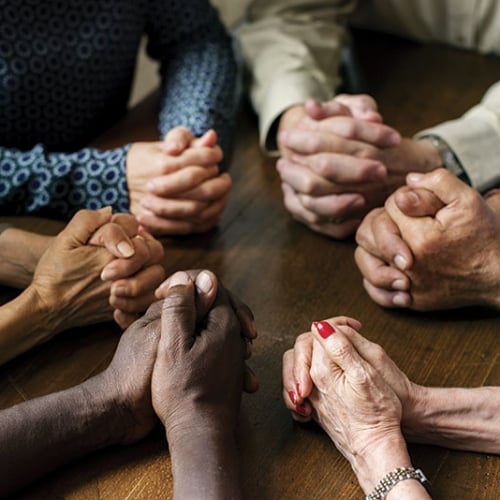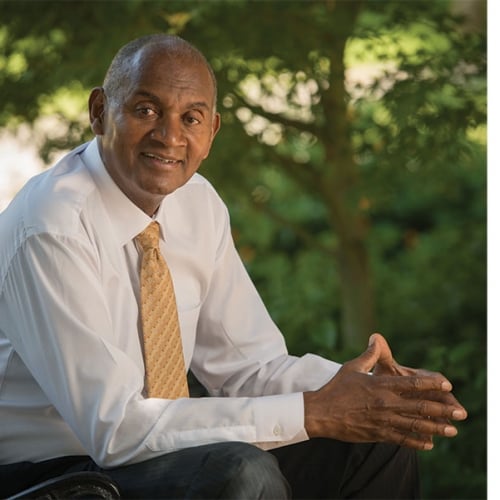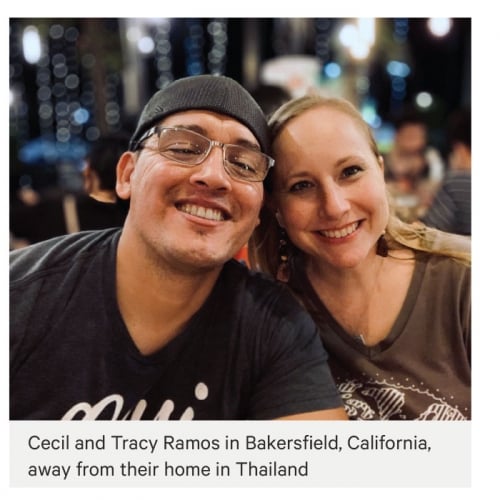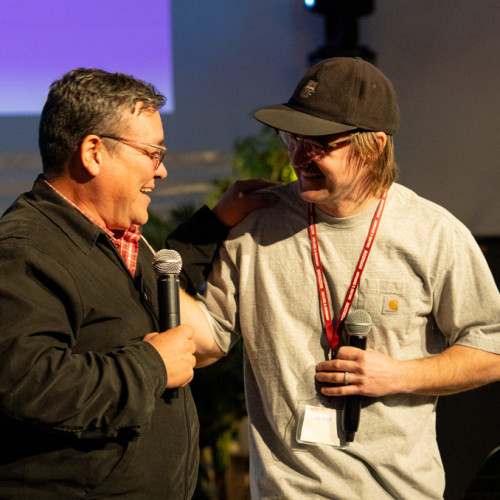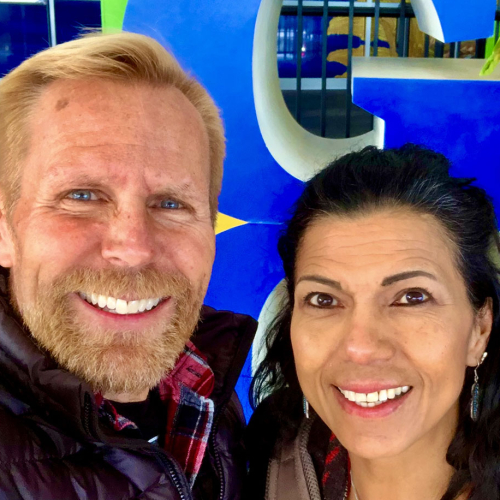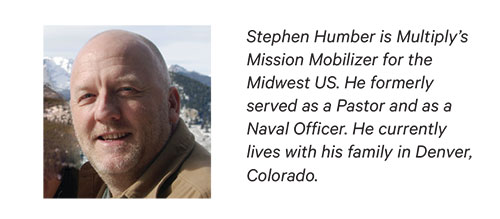
The video of that police officer with his knee on the neck of an already subdued George Floyd jolted me, like a bolt of lightning. For me, it was a condensed symbol of hundreds and hundreds of years of oppression and injustice. The symbol evoked three very strong responses in me.
Humbled
I was deeply humbled by how long it’s taken me to begin to understand what has been going on for so long.
As we started hearing “Black lives matter” it was too easy at first to respond with “all lives matter.” Of course, all lives matter. But I have come to see that if Black lives don’t matter to so many of us, then it’s hypocritical to say that all lives matter. Because they clearly don’t, at least not yet. When two hurricanes crashed into the Gulf Coast of the US, there were calls to pray for Texas and Louisiana. Don’t all states matter? Of course, but we naturally and compassionately focus on the areas of greatest need. Get it?
Embarrassed
I was embarrassed by the ways I have been complicit in the oppression of Blacks (and others) directly by my silence and indifference, and indirectly by my ignorance. I recognize now that I have an incomplete view of history that has influenced how I think and how I live.
For example, in the Declaration of Independence it says, “all men are created equal.” But when that was written, Black people were not considered equal (and women were not even included!). How could there be so much talk of freedom and independence, while so many people were still oppressed?
Seventy-eight years later, the 13th Amendment outlawed slavery, but there was still a clause that allowed the government to treat criminals as “indentured servants” (another word for “slaves”). Until 1965, racial segregation was enforced by law. For nearly 200 years, Blacks and Whites couldn’t eat together, sit together, go to school or church together, enjoy movies or swim together, inter-marry and more. Despite new legislation that came during the Civil Rights Movement of the 1960s, many hearts have remained unchanged in their attitudes toward race.
Ashamed
Lastly, I am ashamed now by how many White Christians in the US, like me, have turned away from the trouble and ignored the cries of Black people for justice. I am even more ashamed of how so many of us have seemingly ignored God’s heart for his people to be unified. By and large, the Church in the U.S. is still segregated. I believe this grieves the heart of God.
I am ashamed because, as the Church, we have abdicated our assignment. This is our battle—to show the power of God to bring different people together in love. But now there are stronger voices for racial justice outside of the Church. Either we have believed lies about race or we have become too weak to truly love. Have we lost our moral authority in society to speak and act into this problem?
Next Steps
If we are to re-enter the public discourse about racial justice, we must come with a humble posture of repentance. We must acknowledge the problem. We must lament, listen and learn. We need to have real conversations with each other. With wisdom, courage and grace, we need to confront ignorance. We need to not be silent.

